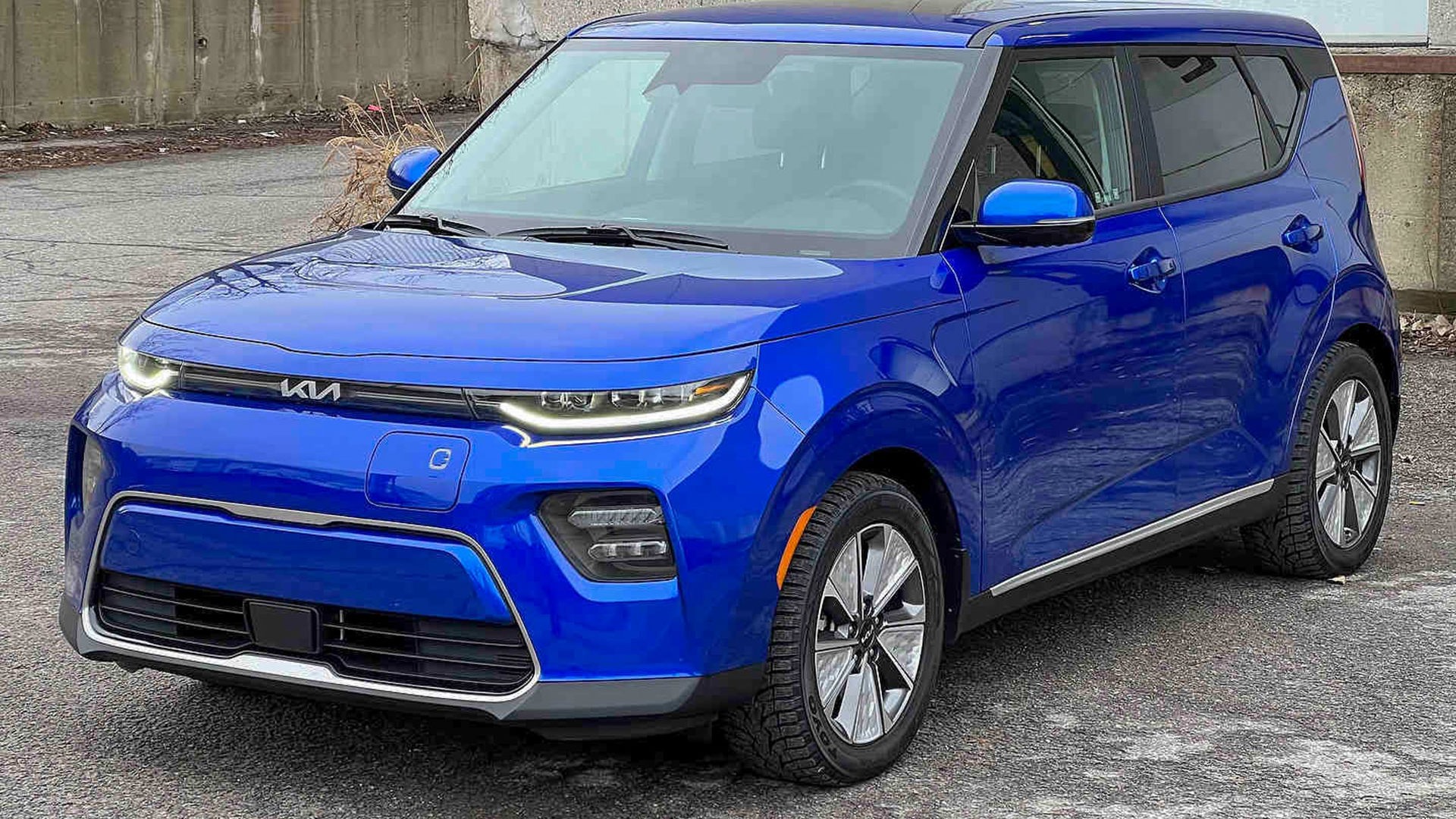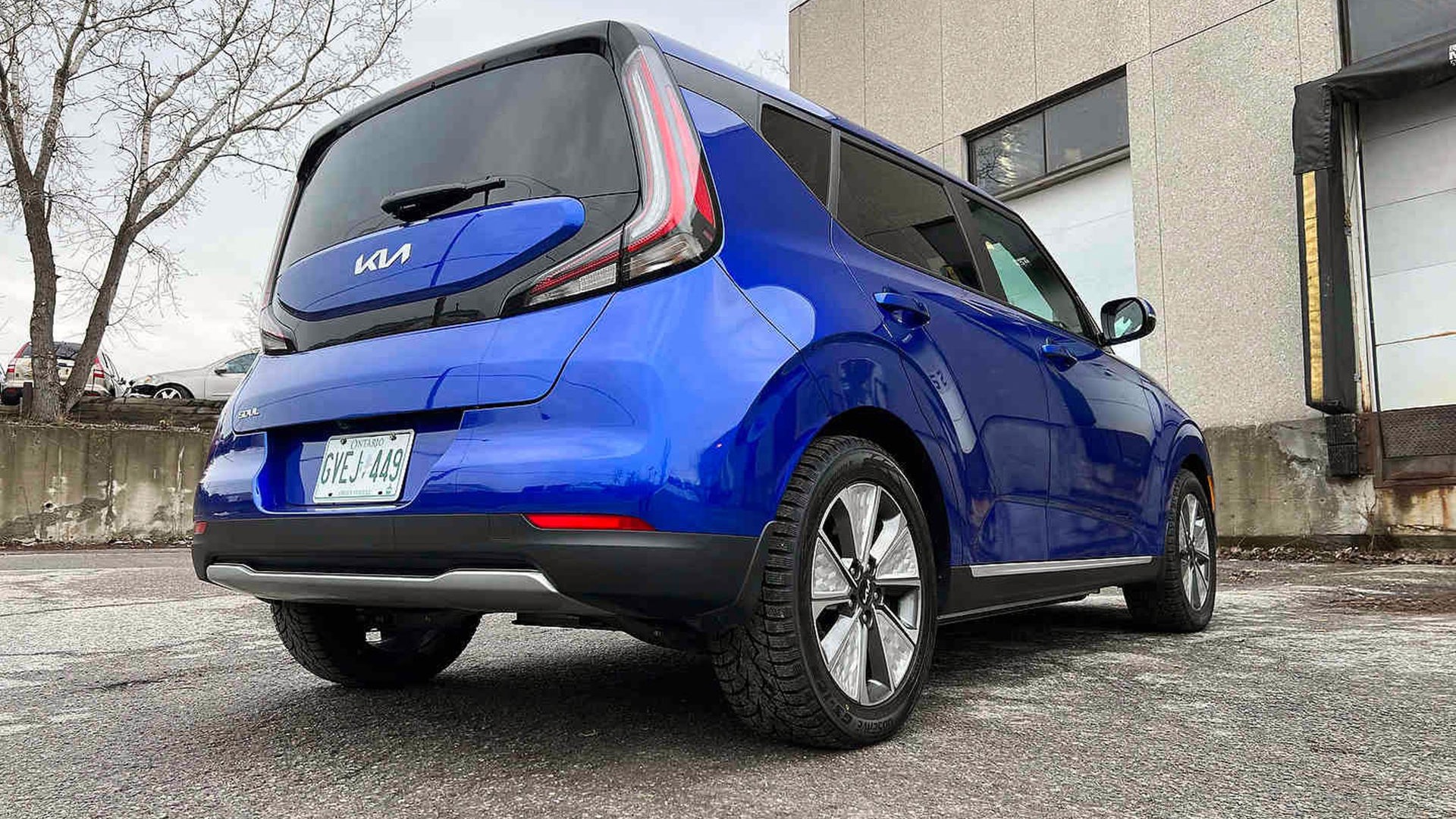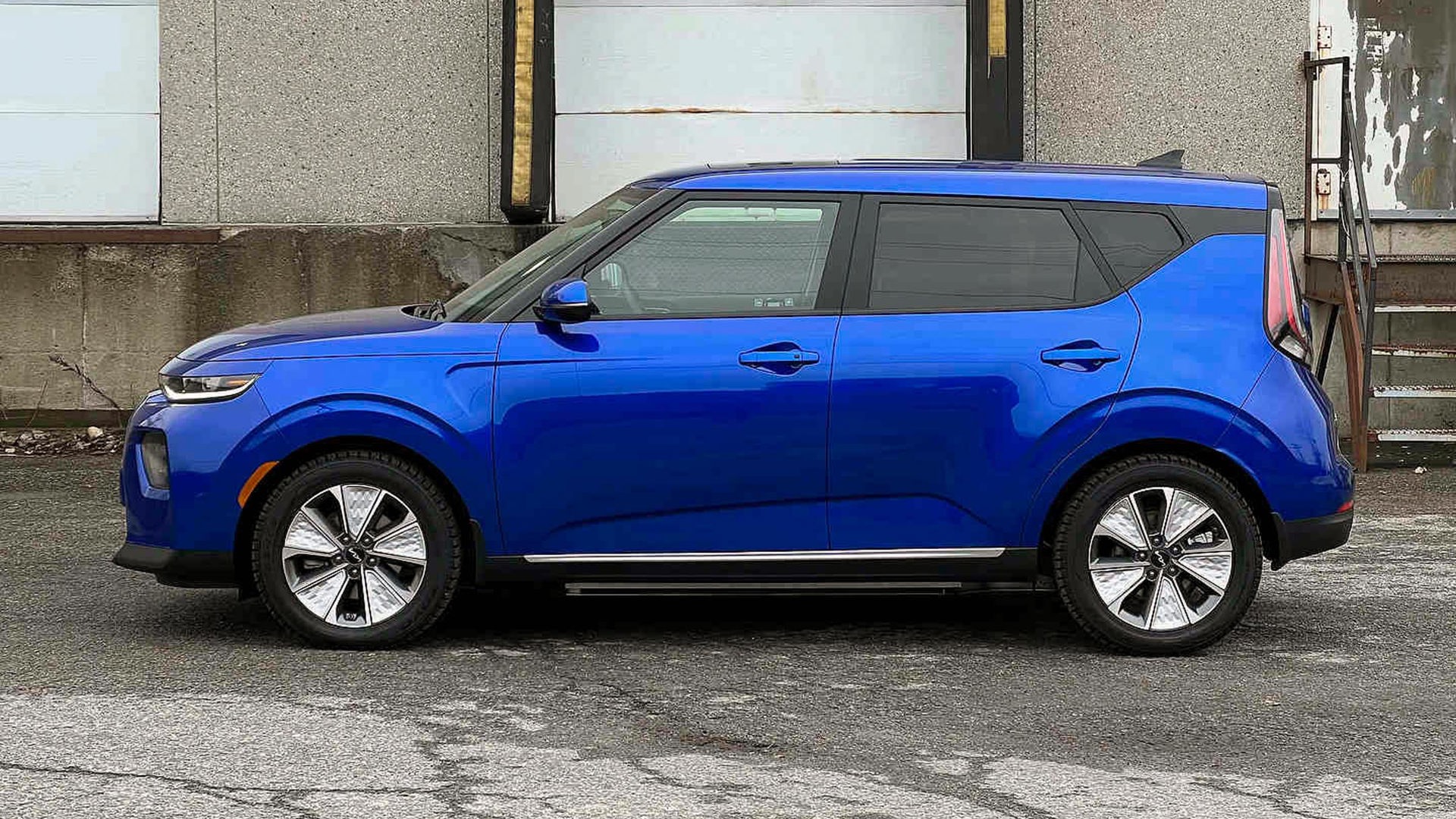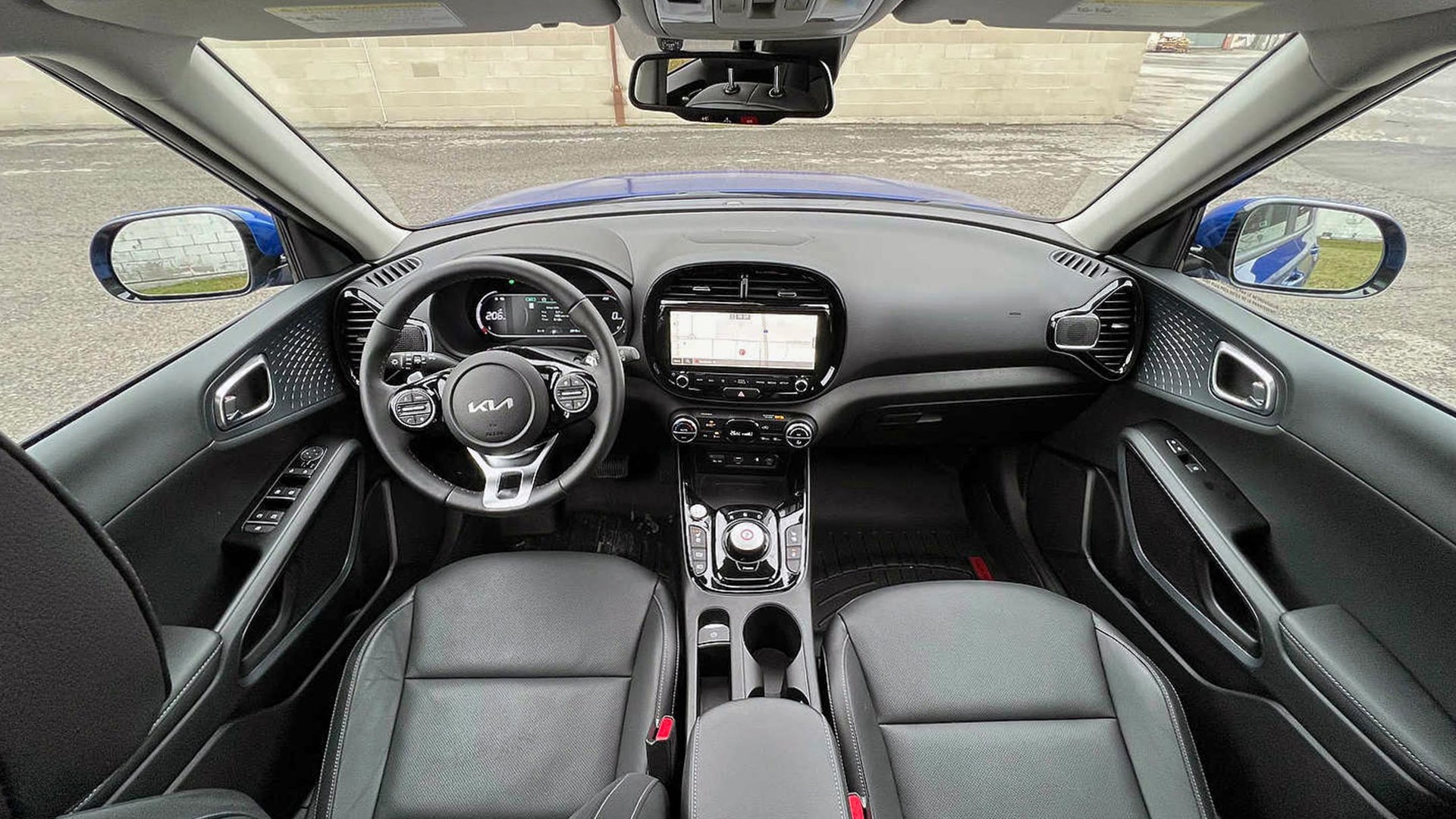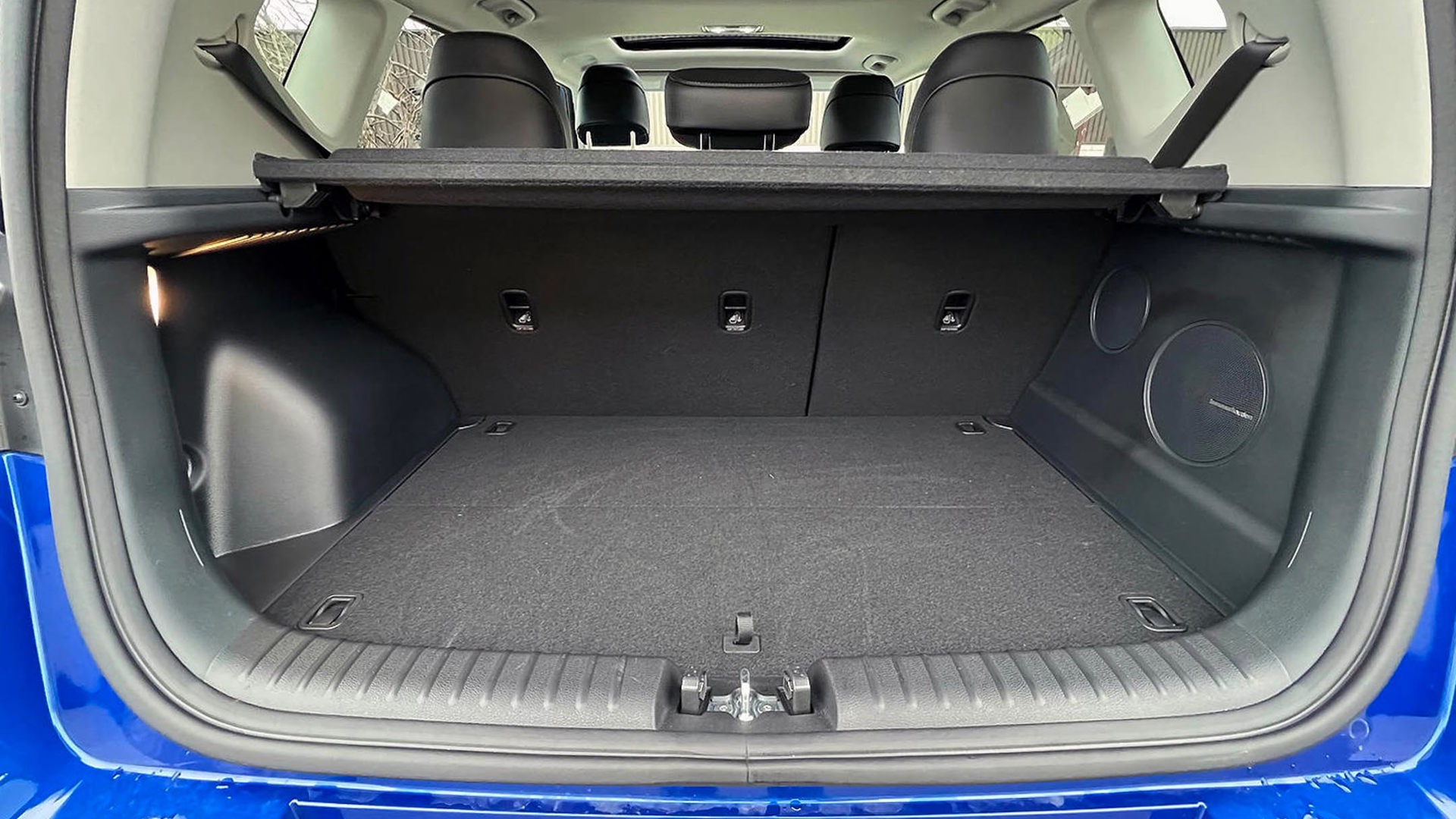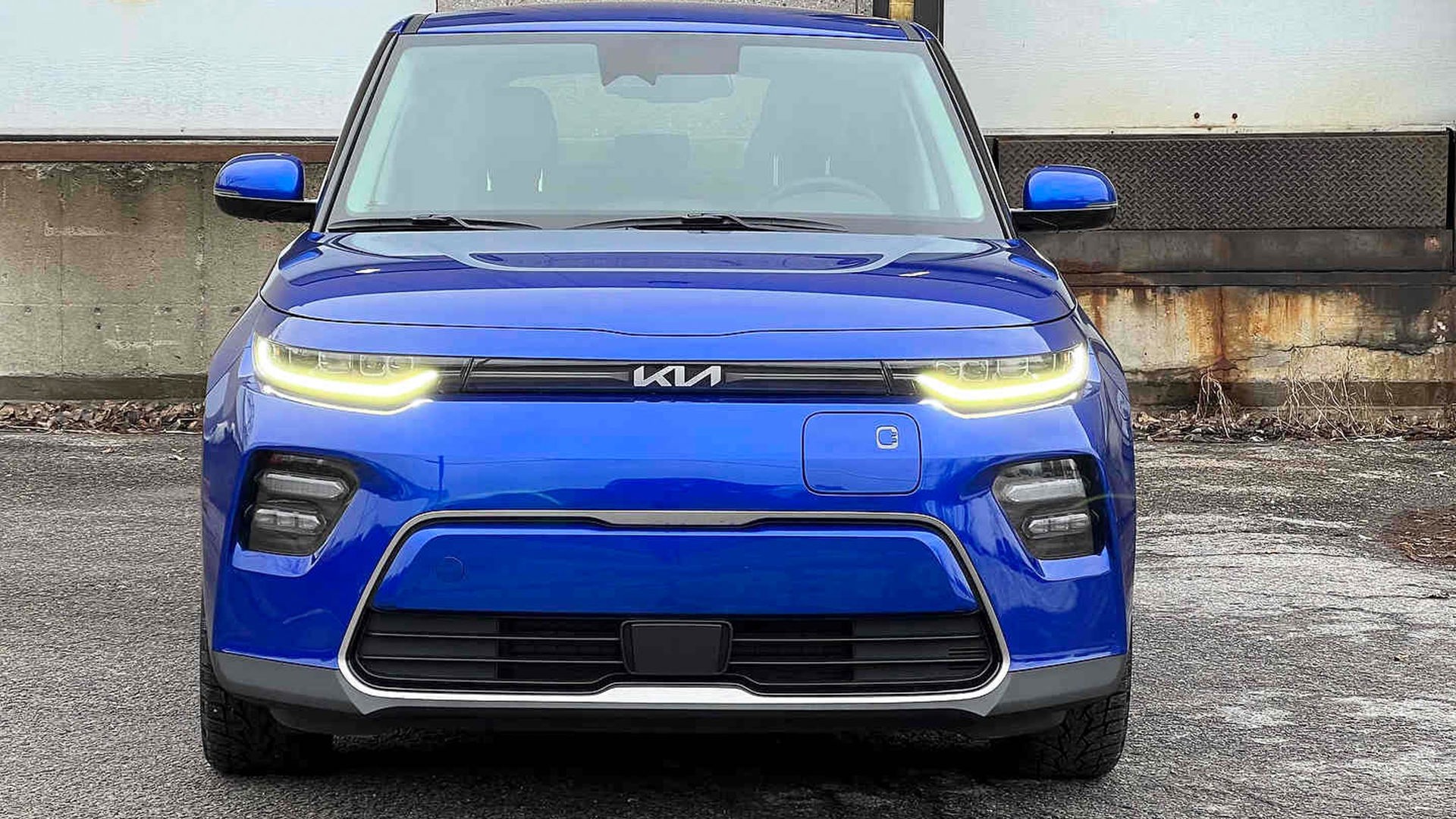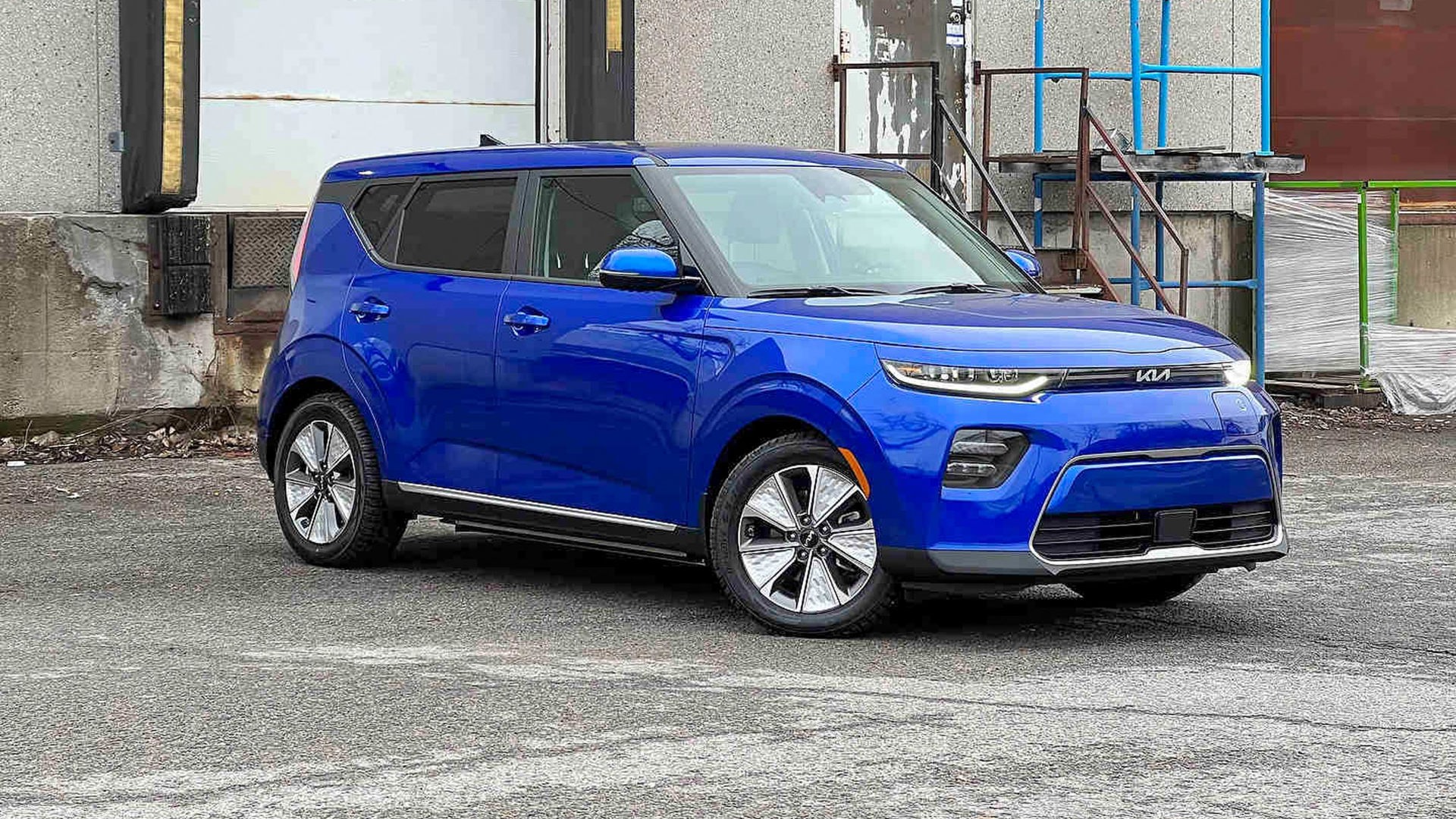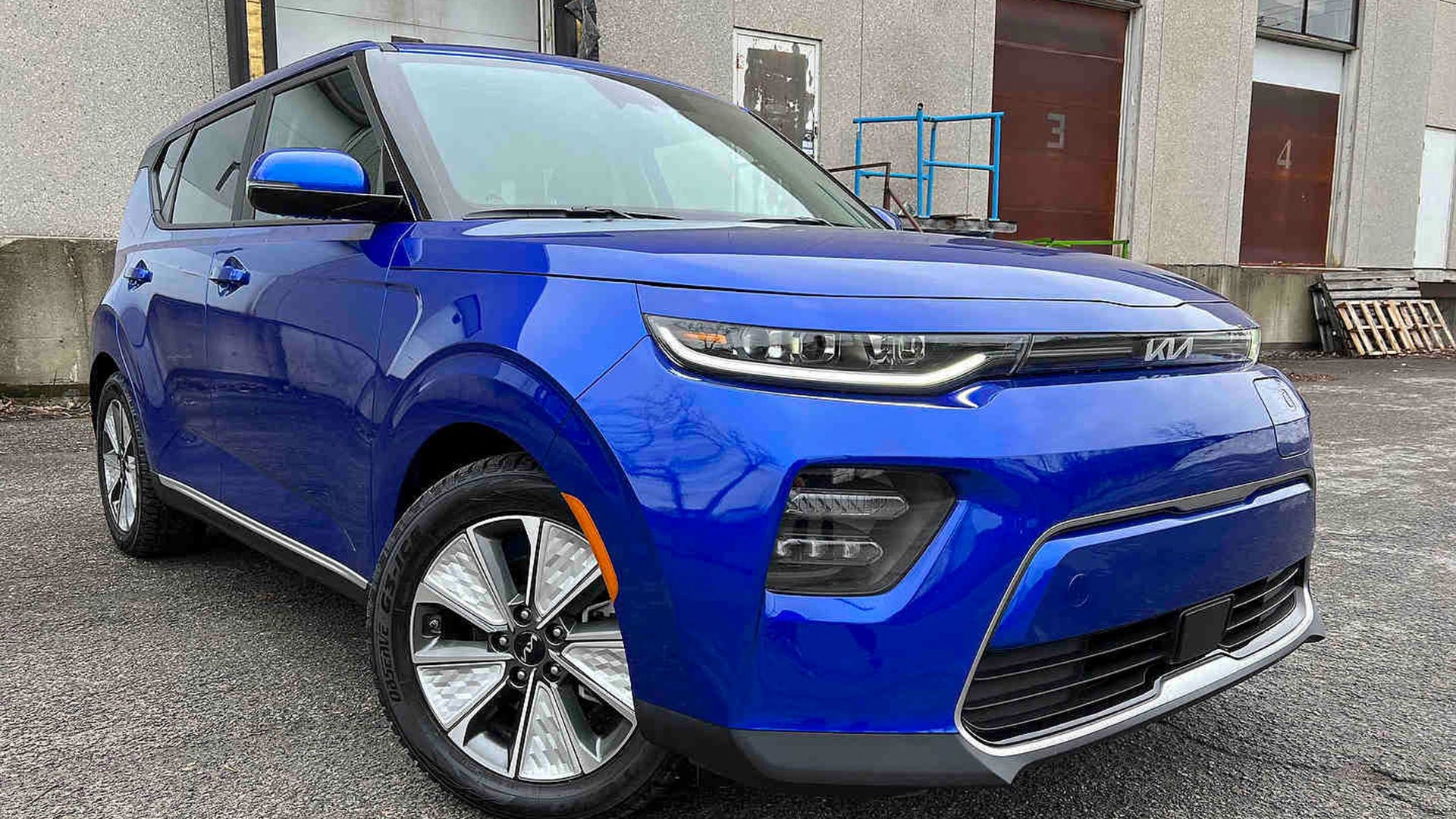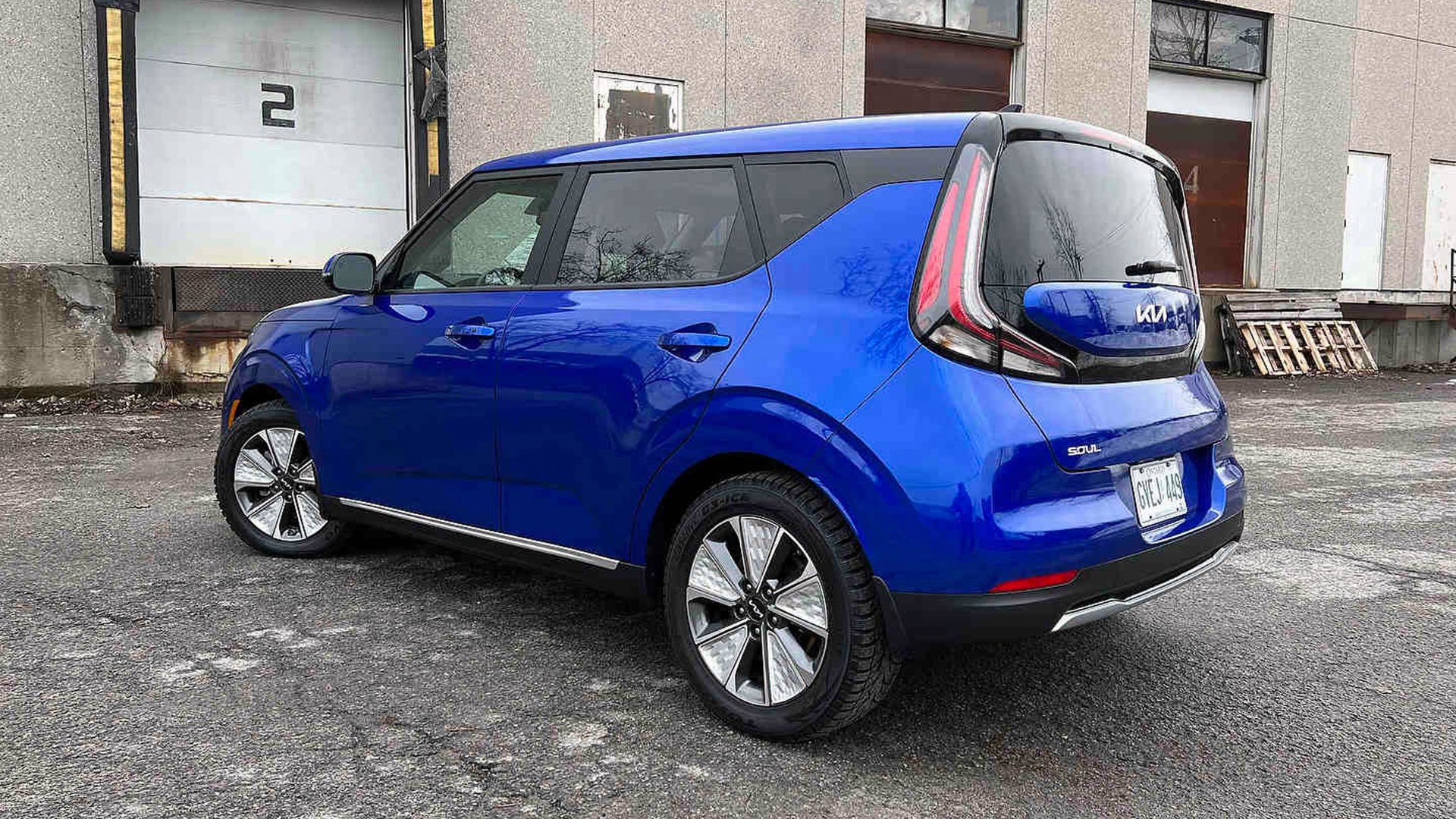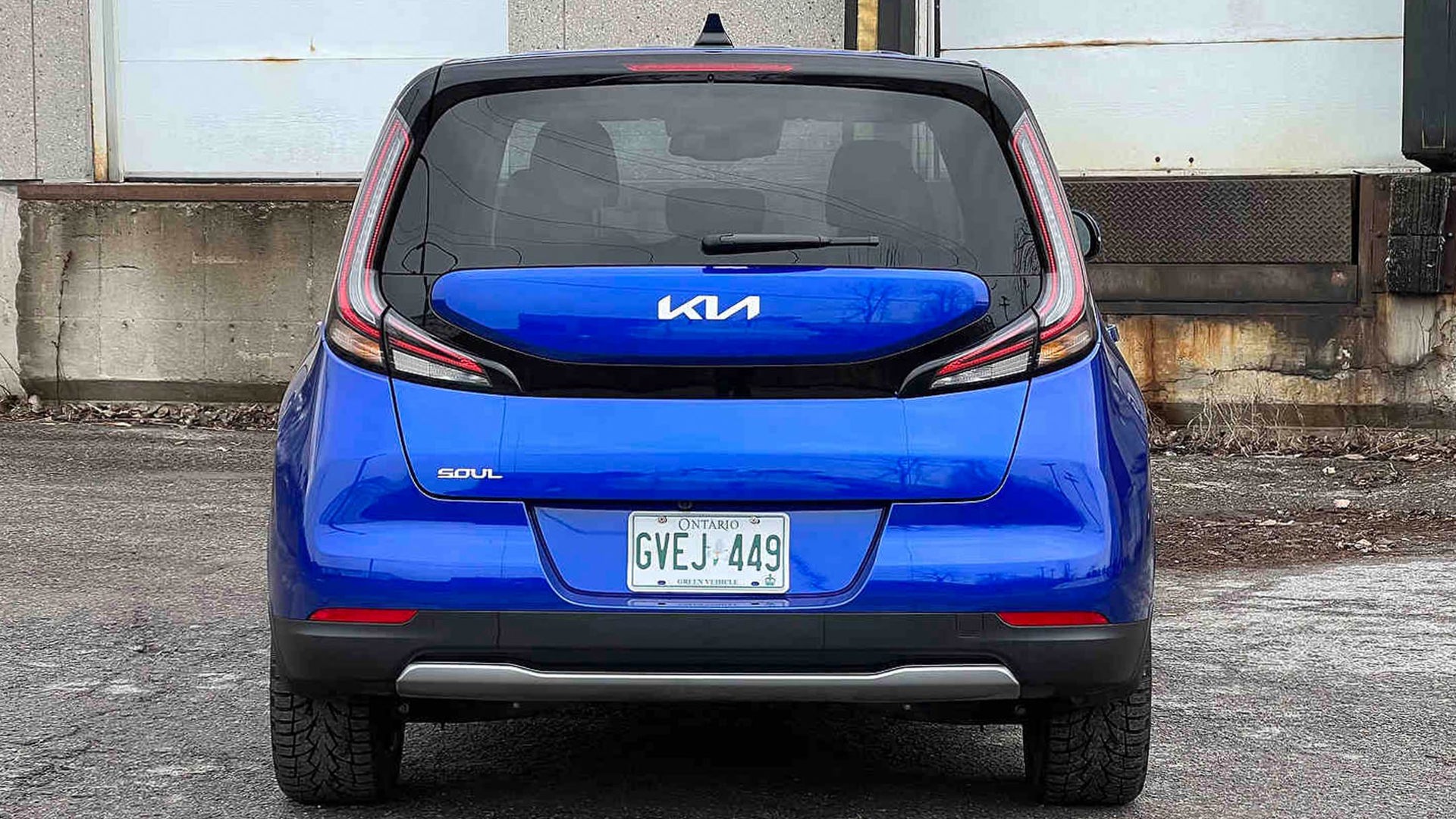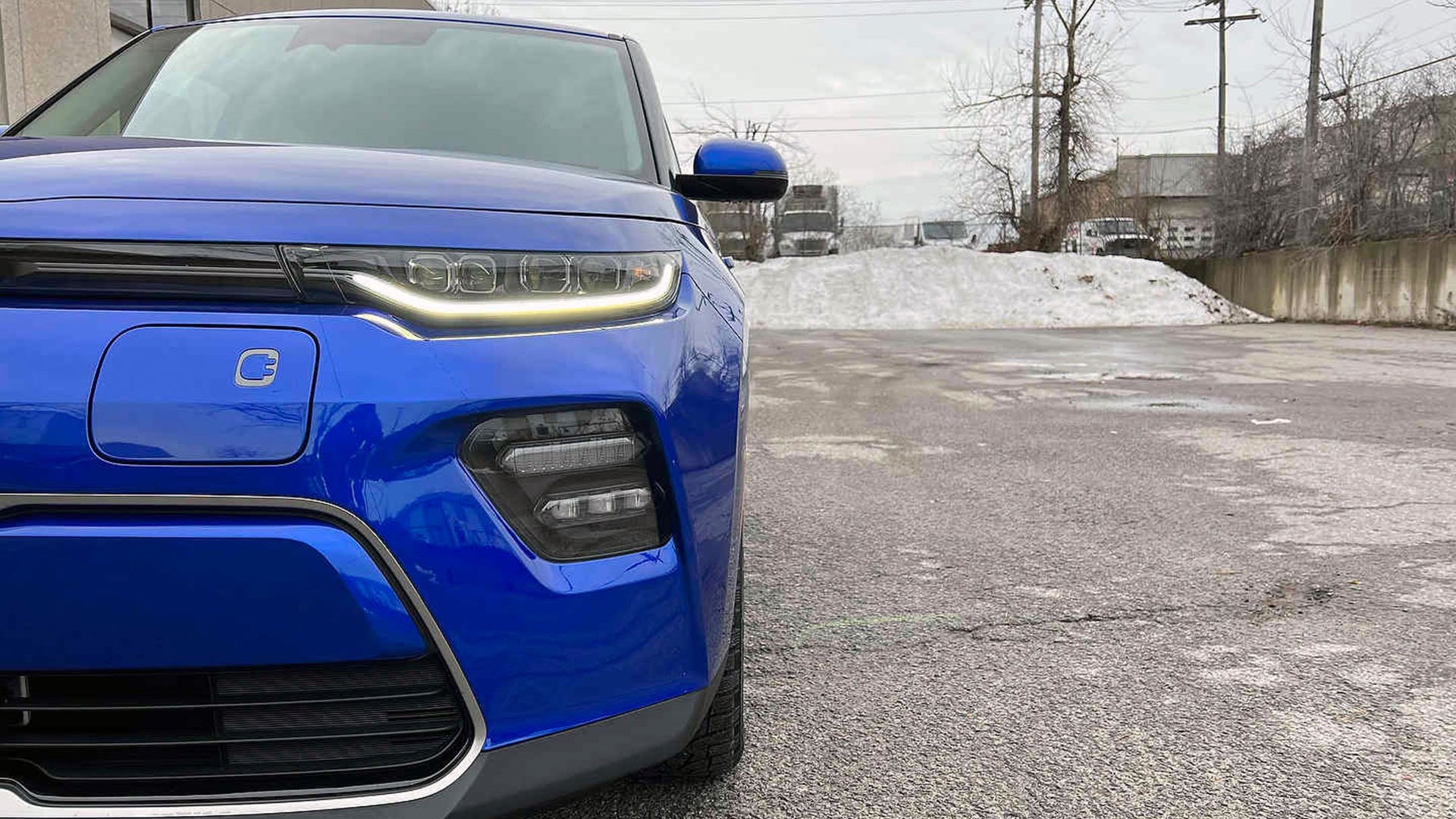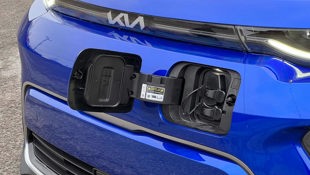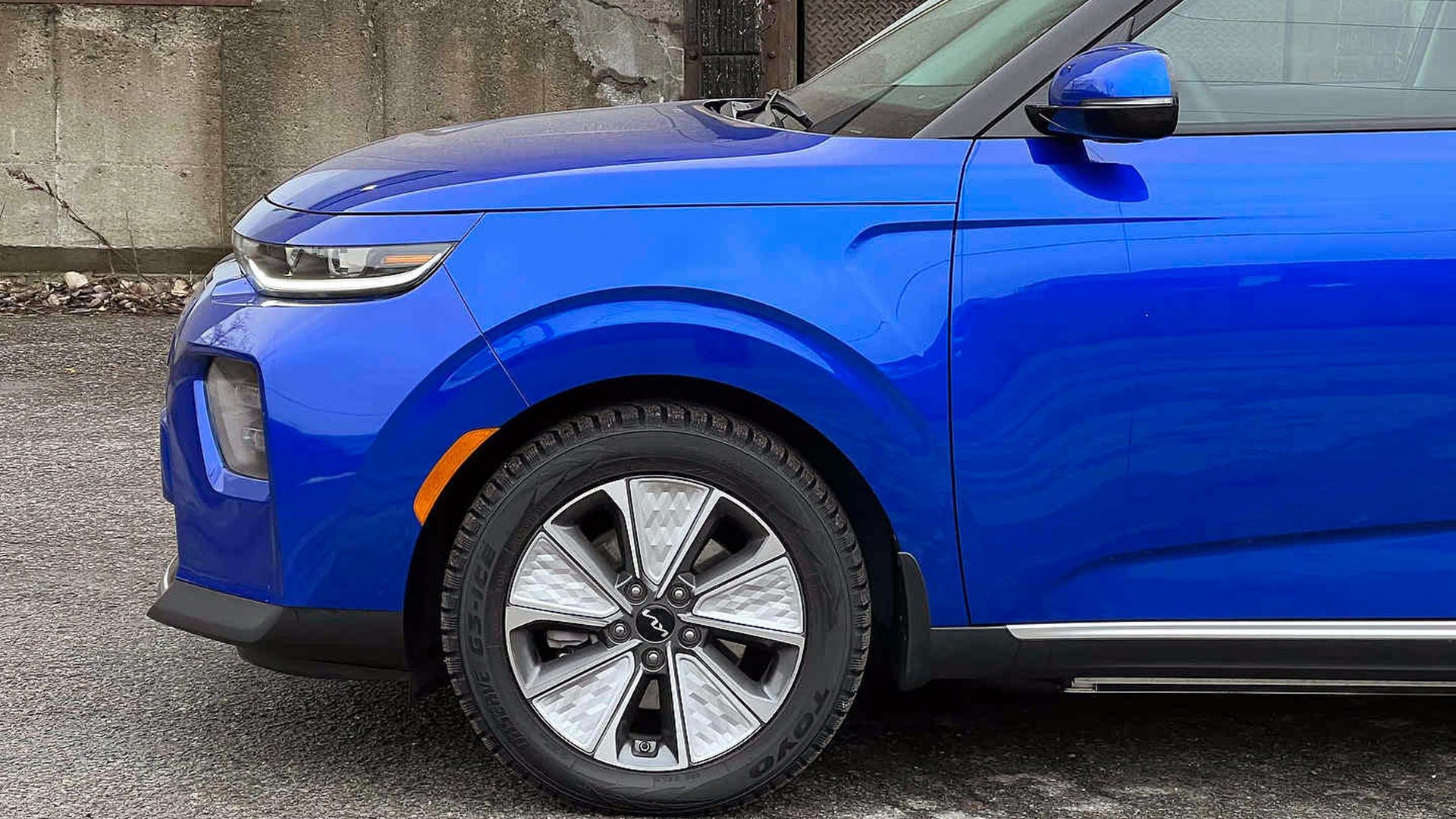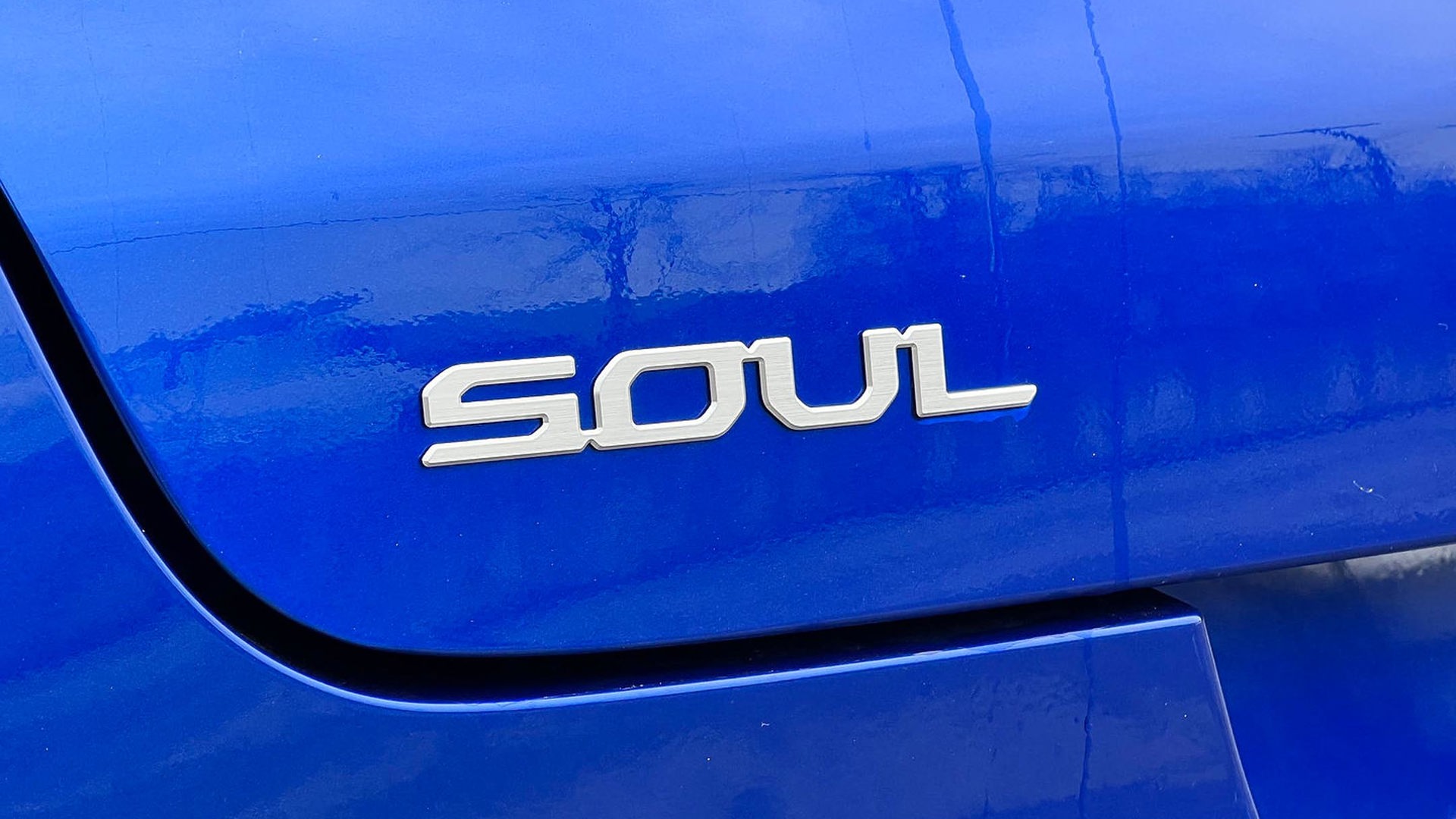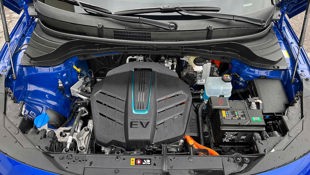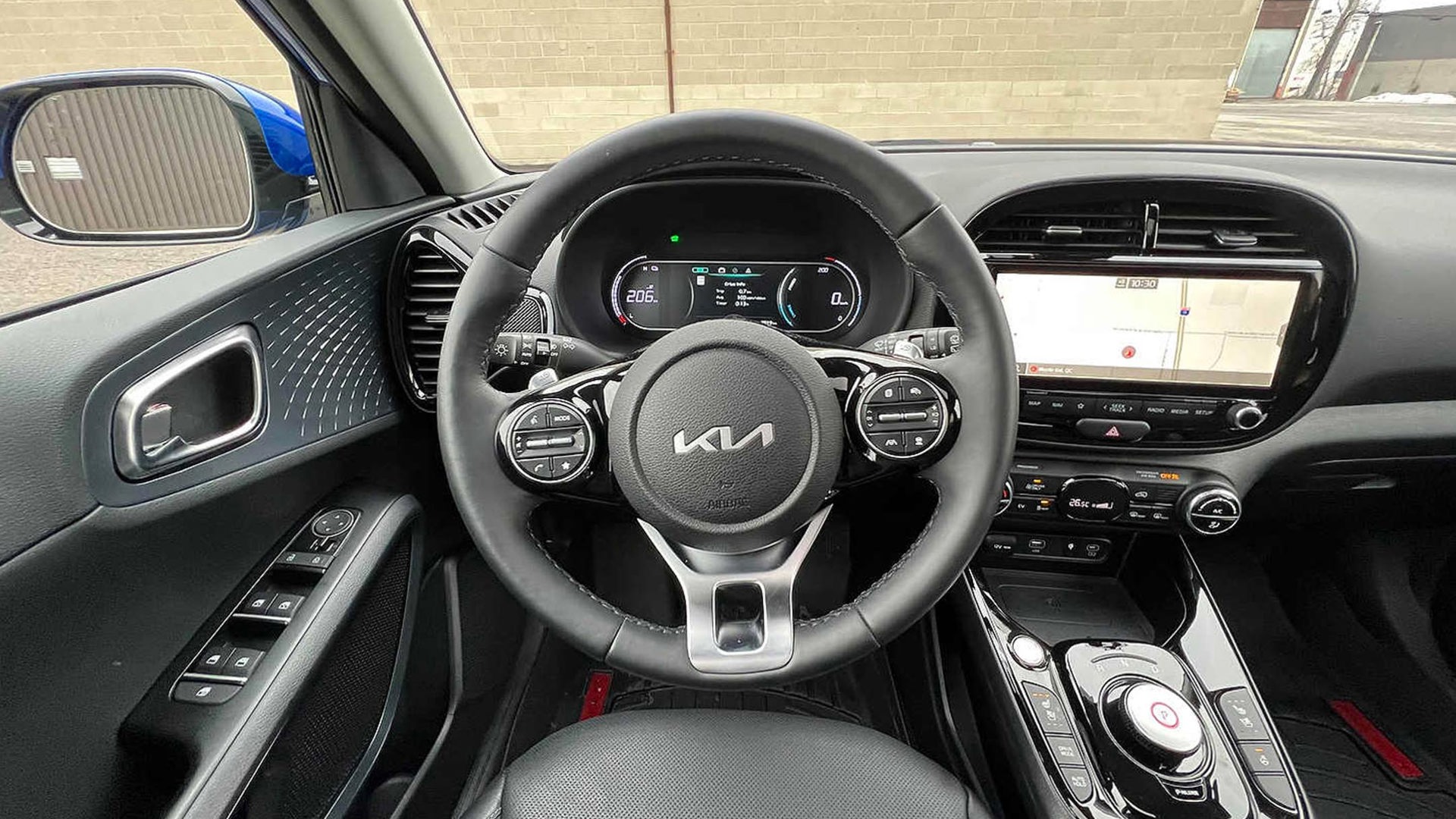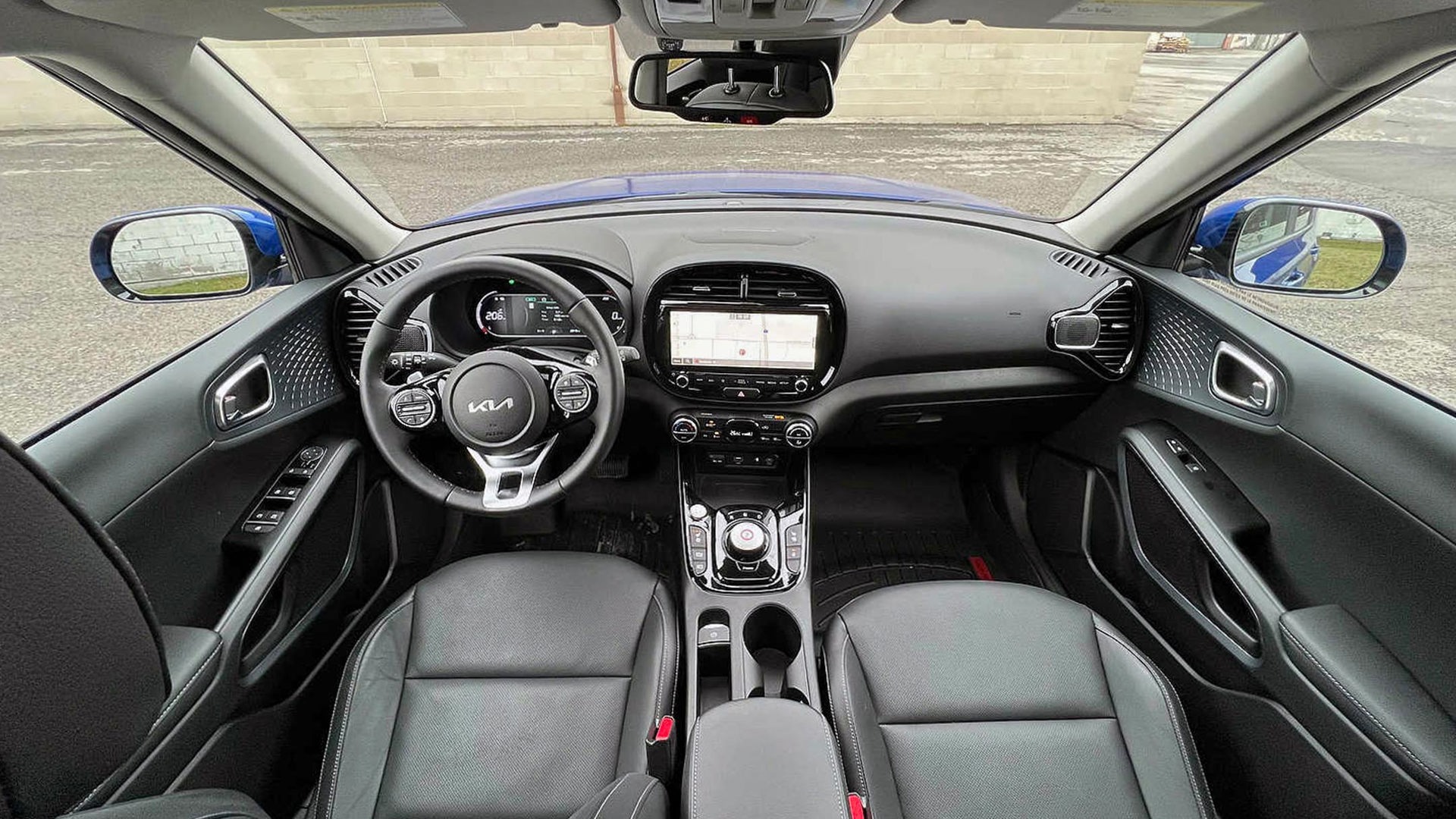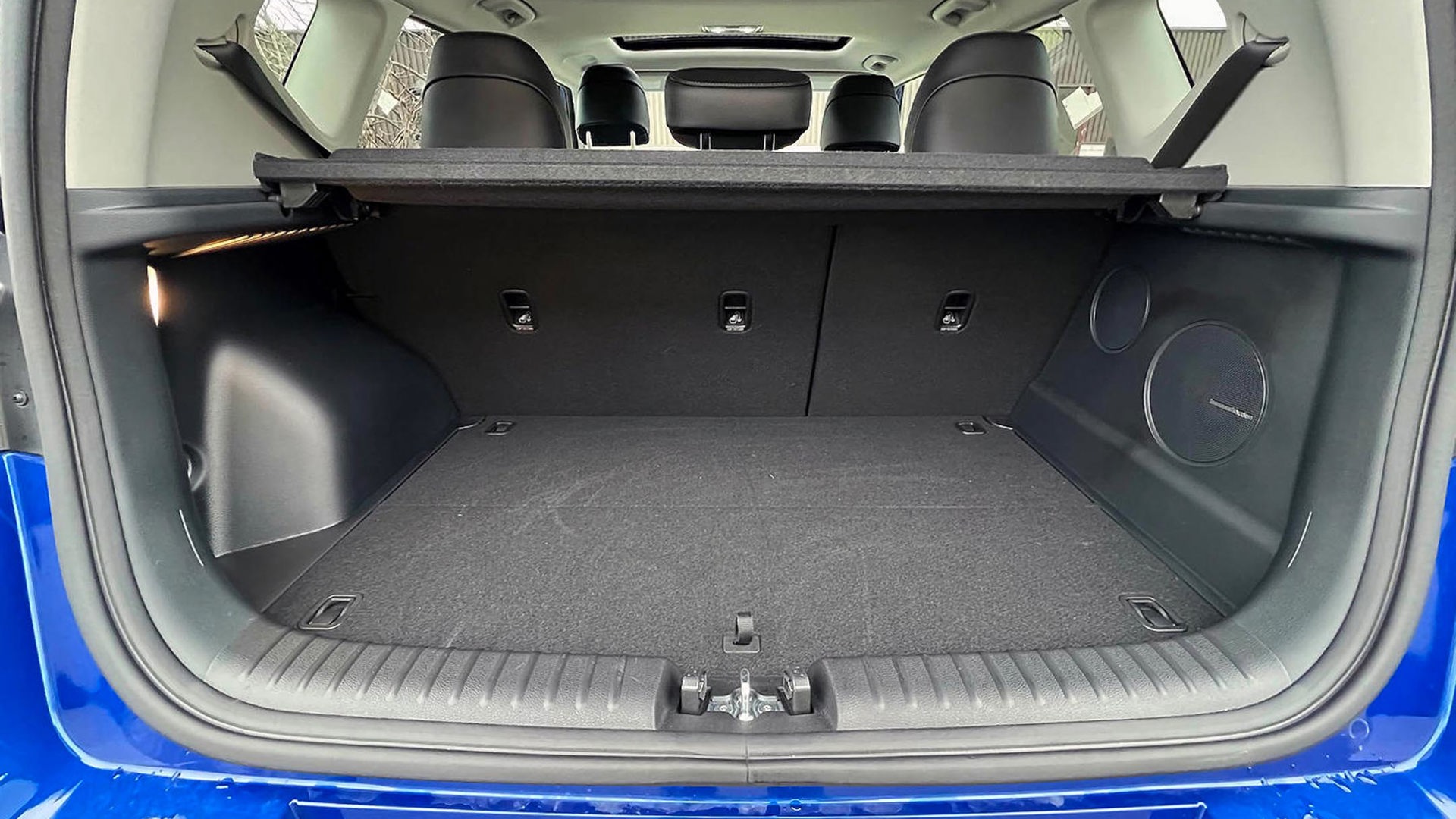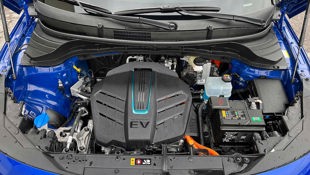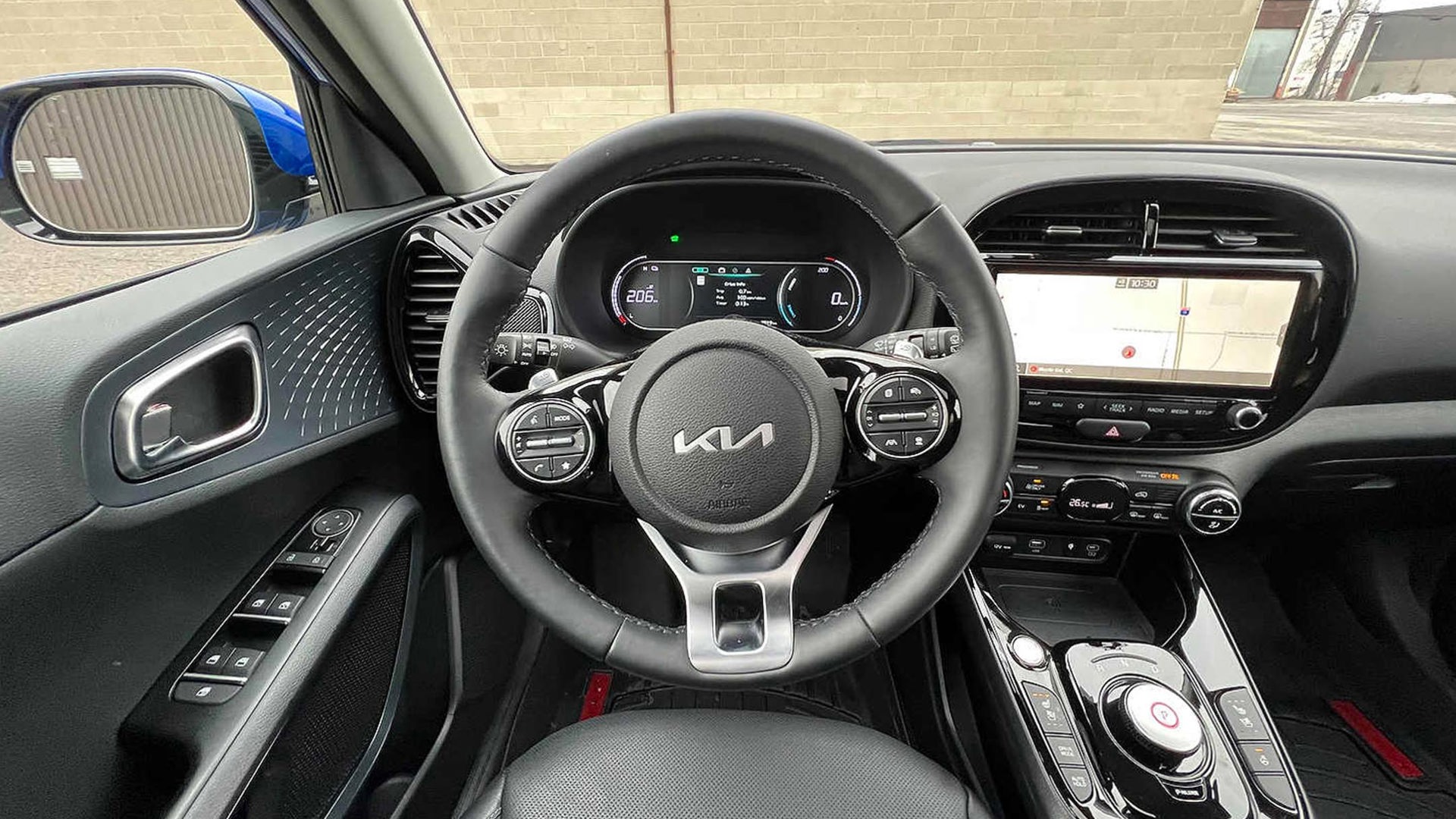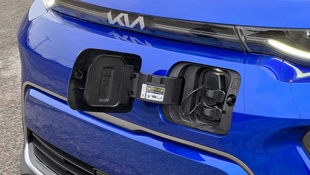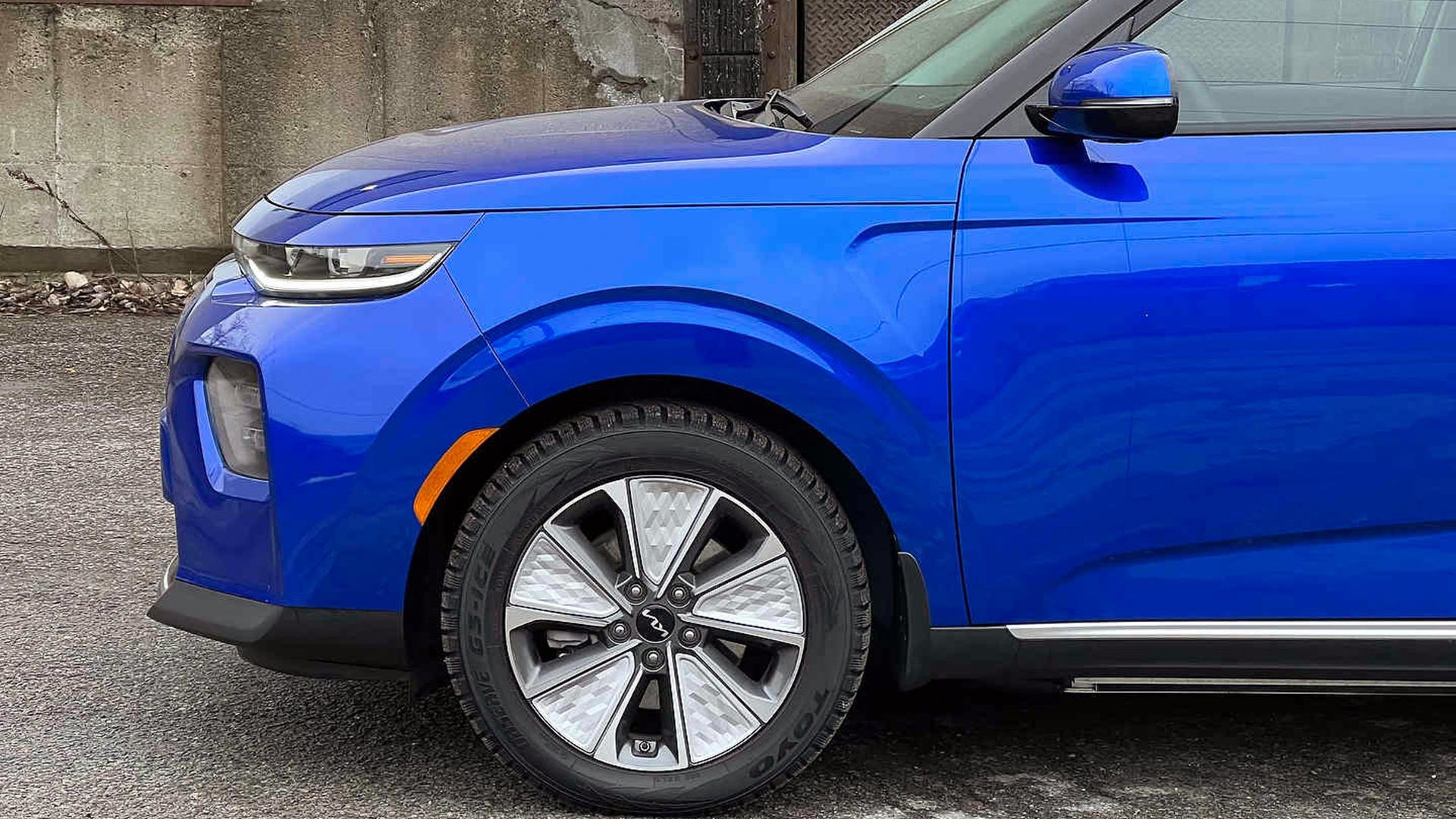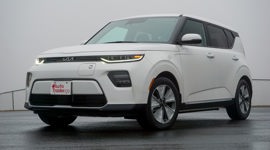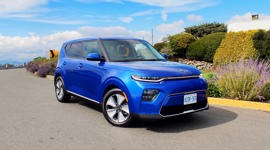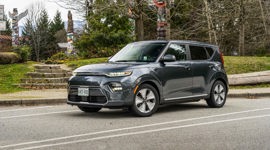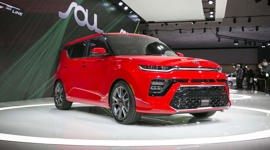 AutoTrader SCORE
AutoTrader SCORE
-
STYLING8/10
-
Safety9/10
-
PRACTICALITY9/10
-
USER-FRIENDLINESS8/10
-
FEATURES9/10
-
POWER8/10
-
COMFORT9/10
-
DRIVING FEEL8/10
-
FUEL ECONOMY8/10
-
VALUE8/10
Cute, quirky, and a veteran of the electric vehicle (EV) market, the emissions-free version of the Kia Soul still manages to fly under the radar.
The gas-powered car it’s based on first hit the road way back in 2010, with the Soul EV arriving for 2015. Not a dedicated all-electric like the Chevrolet Bolt or Nissan Leaf, it has languished a bit over the years – a problem only made worse by the fact it’s no longer sold in the United States.
And yet the 2023 Kia Soul EV remains one of the most trouble-free EVs to live with on a daily basis. It fits almost everywhere, hauls almost everyone and everything, and it’s relatively easy on the wallet – all without burning a drop of gas. It’s not entirely perfect, however.
Styling: 8.5/10
With a lingering trend of EVs that stand out from the rest of the market as far as their looks are concerned, the Soul does the opposite. Introduced a few short years ago, the third-generation Soul gained some street presence and a fair amount of seriousness compared to the first two more playful iterations. Even so, this compact Kia remains unique and attractive based on its shape alone.
Telling this all-electric version apart from a gas-powered one comes down to the front end that goes without a grille (EVs don’t have the same cooling needs as conventional vehicles) and spotting its unique 17-inch alloy wheels.
Power: 8/10
The 2023 Kia Soul EV is available in two specific trims. The base Premium is fitted with a smaller 39.2-kWh battery pack, which feeds a 134hp front-mounted electric motor. The more expensive Limited not only gets a larger 64-kWh battery but, to offset the extra 113 kg (250 lb) weight it’s carrying, also uses a 201-hp electric motor. Both generate the same 291 lb-ft of torque, although it lasts longer for the Limited.
Like all good EVs, the Soul is seriously punchy off the line. Passing power is quickly accessible though will taper off a fair amount the longer the throttle is held. Clearly, this is not the way to maximize efficiency or range, but if you can plug in to recharge overnight, every night, it’s not especially concerning.
Fuel Economy: 8.5/10
The smaller battery is rated to provide up to 248 km of range. For most drivers, this figure should hit the mark for daily commutes with plenty left over. It’s worth noting, however, that winter weather conditions can knock off between 15 and 30 per cent of an EV’s estimated range. That makes the Limited’s 383-km range rating more sensible for more people.
Charging the Soul EV is effortless. With a Level 2 home charger (always recommended) and the Soul’s 7.2-kW onboard charger, nine hours hooked up overnight will be enough to charge the big battery. On the road, a 100-kW Level 3 fast charger will need roughly 47 minutes for a top-up from 10 to 80 per cent in ideal conditions.
Also helping between charges is the regenerative braking that relies on steering wheel paddles for adjustment. The strongest Level 3 regeneration won’t bring the Soul EV to a full stop, but the way it works soon becomes intuitive.
Driving Feel: 8.5/10
Perhaps one of the nicest surprises regarding the Soul EV is its drive. The electric crossover’s considerable 2,041-kg (4,500-lb) curb weight combined with the properly tuned independent front and multi-link rear suspension tends to mellow out uneven surfaces. Despite the Soul’s preference for cruising, handling is good enough to be described as entertaining, although it comes up short of sporty. Steering is numb in spite of its responsiveness. Ultimately, it’s the combination of its size and instant torque that make the Soul EV fun to drive.
Value: 8/10
Kia has a long-standing tradition of providing its customers with a boatload of features for less money than its rivals. The Soul EV is a little different in that it doesn’t provide more features or more technology than its two main rivals, the Chevrolet Bolt and Nissan Leaf.
In fact, at $43,095 to start – plus a non-negotiable freight charge of $1,800 – the Soul EV is the most expensive of the three, and it has the smallest battery and the second shortest range (by only eight km compared to the Leaf’s 240 km). Stepping into the $52,095 Limited trim doesn’t improve the Soul EV’s value proposition. Its range still lags behind the base Chevrolet Bolt LT (which is about $11,000 cheaper) and only exceeds that of the Leaf SV Plus by 41 km for about $7,000 more.
Regardless of trim, the Soul EV qualifies for federal rebates up to $5,000 off the purchase price (or a four-year lease). Meanwhile, certain provinces and territories – including Quebec and Yukon, to name a couple – offer further incentives than can be combined with the federal one.
Features: 9/10
On the upside, the Kia Soul EV Premium offers up the largest standard touchscreen in the segment at 10.25 inches across. Other standard features include navigation, Apple CarPlay, Android Auto, heated front seats and steering wheel, a seven-inch digital instrument cluster, and more.
Moving up to the Limited adds heated rear seats, front-seat ventilation, leather upholstery, a sunroof, and a heat pump to maximize efficiency, plus the larger battery and more powerful motor.
Safety: 9/10
The 2023 Kia Soul EV includes numerous advanced safety features including lane keeping and following, advanced forward collision-avoidance with junction-turn assist that can warn of oncoming traffic when turning through an intersection, blind-spot monitoring with rear cross-traffic alert, and others.
User-Friendliness: 8.5/10
What’s nice about the Soul EV is that it suffers no compromises over its gas-powered counterpart. In fact, by plugging it in every evening at home, it’s even friendlier as you’ll practically never need to stop during daily commutes. The infotainment system is simple to navigate, straightforward, and generally quite responsive.
The only issue is the location of the charge port door location on the front end of the car. Those who live in cold-weather climates may run into massive headaches trying to get it open should it become entombed in ice (as was the case during this test).
Practicality: 9/10
The Soul’s trunk isn’t the deepest in its segment, but the 663 L behind the back seats with the cargo floor lowered works well enough even for Costco trips. The rest of the interior dimensions are just about the same as they are in the gas-powered version.
Comfort: 9/10
Beyond the comfortable ride, the Soul EV’s interior space is generous for front occupants and very decent for those in the rear. Legroom in the back is snug but shouldn’t be a deal-breaker for most. Front seats, leather-covered in this Limited tester, are sufficiently supportive and the driver benefits from two-way lumbar support.
The Verdict
It’s simple, really: the 2023 Kia Soul EV is a great compact electric car. It has more personality than both its main rivals, but the higher price point that doesn’t come with much of anything extra in return is difficult to accept.
| Engine Displacement | 150 kW |
|---|---|
| Engine Cylinders | Single electric motor |
| Peak Horsepower | 201 hp |
| Peak Torque | 291 lb-ft |
| Fuel Economy | 2.4 / 1.9 / 2.1 Le/100km cty, hwy, cmb, 16.9 / 21.0 / 18.7 kWh/100 km; 383 km est. range |
| Cargo Space | 530 L / 1,735 L seats up/down |
| Model Tested | 2023 Kia Soul EV Limited |
| Base Price | $52,095 |
| A/C Tax | $100 |
| Destination Fee | $1,800 |
| Price as Tested | $54,245 |
|
Optional Equipment
$250 – Neptune Blue paint, $250
|
|
